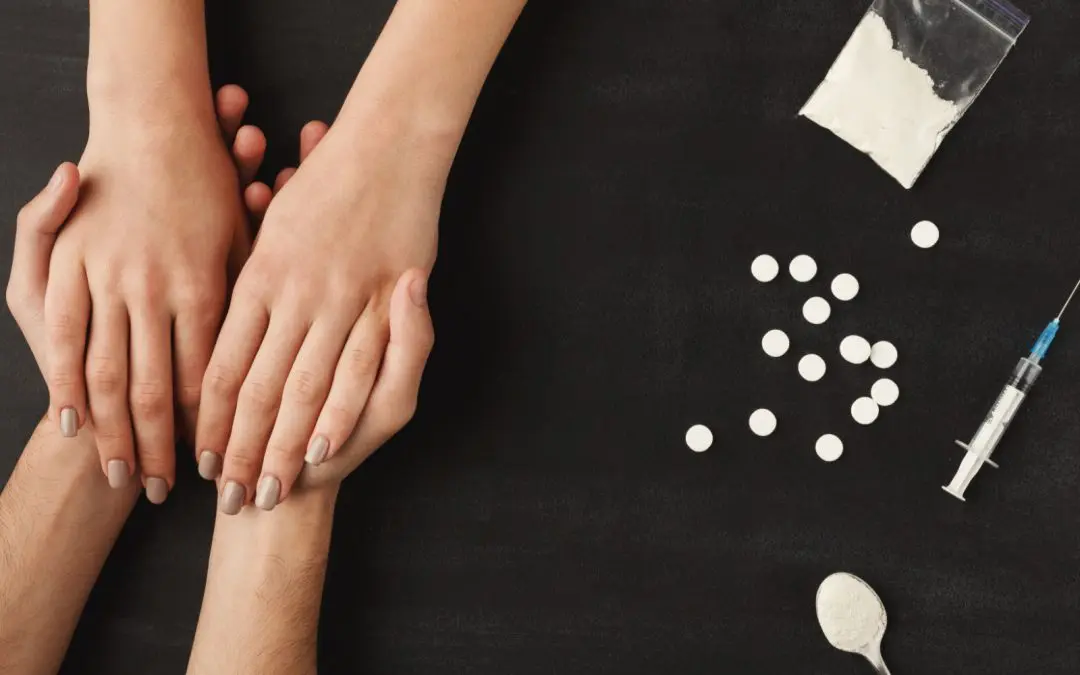24/7 Helpline:
(866) 899-221924/7 Helpline:
(866) 899-2219
Learn more about PTSD Treatment centers in Spicer
PTSD Treatment in Other Cities

Other Insurance Options

Choice Care Network

BlueCross

Premera

AllWell

Aetna

Lucent

Amerigroup

Optum

Access to Recovery (ATR) Voucher

UnitedHealth Group

Holman Group

WellCare Health Plans

Oxford

Health Partners

United Health Care

CareFirst

Absolute Total Care

Magellan Health

EmblemHealth

Coventry Health Care














